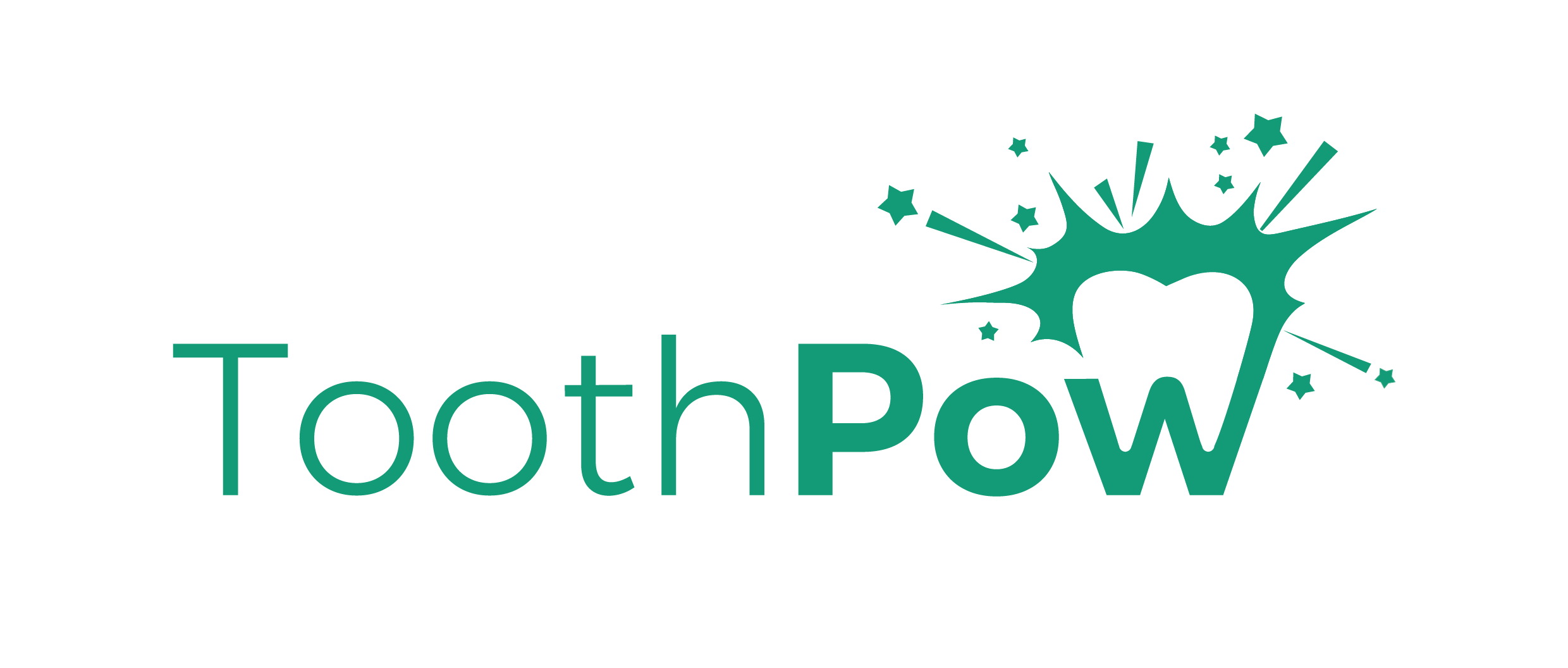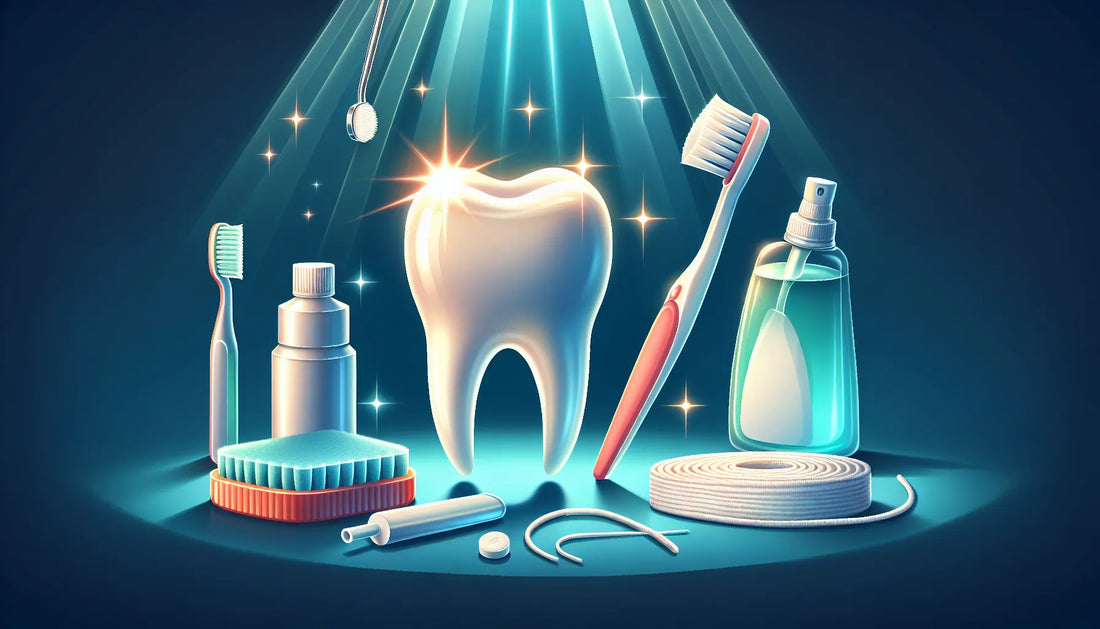How to Maintain a Bright Smile
Maintaining a bright smile is not just about aesthetics, but also plays a crucial role in our overall dental health. Oral hygiene practices directly impact the appearance of our smiles and can prevent dental issues in the long run.

Neglecting Regular Brushing and Flossing
Proper oral hygiene practices are essential for maintaining good oral health. Regular brushing and flossing play a crucial role in preventing dental problems and keeping our smiles bright. Unfortunately, many people neglect these simple yet important habits, which can have serious consequences for their oral health.
The Importance of Regular Brushing and Flossing
Regular brushing and flossing help remove plaque from our teeth.
Plaque is a sticky film that contains bacteria and can lead to tartar buildup.
Tartar buildup can cause gum disease, tooth decay, and bad breath.
How to Brush and Floss Properly
By brushing our teeth at least twice a day and flossing once a day, we can effectively remove plaque and prevent tartar buildup. It's important to use a soft-bristled toothbrush and a toothpaste that contains fluoride. Brushing should be done using gentle, circular motions, ensuring that all surfaces of the teeth are cleaned, including the outer, inner, and chewing surfaces. Don't forget to brush your tongue as well, as bacteria can also accumulate there.
Flossing is just as important as brushing, as it helps remove plaque and food particles from between the teeth and along the gumline. Using dental floss or interdental brushes, gently slide the floss or brush between each tooth, making sure to go below the gumline. This will help prevent the buildup of plaque and reduce the risk of gum disease.
The Consequences of Neglecting Brushing and Flossing
Without proper oral hygiene, plaque and tartar can accumulate, leading to tooth decay and gum disease.
Tooth decay can result in cavities, which may require fillings or even root canal treatment.
Gum disease can cause gum inflammation, bleeding, and eventually tooth loss if left untreated.
The Impact on Overall Health
Research has shown a link between gum disease and various systemic conditions, including heart disease, diabetes, and respiratory infections. By neglecting regular brushing and flossing, we not only put our oral health at risk but also increase the likelihood of developing these other health issues.
Neglecting regular brushing and flossing can have serious consequences for our oral health. By prioritizing these simple habits, we can effectively remove plaque, prevent tartar buildup, and reduce the risk of tooth decay and gum disease. Remember to use a soft-bristled toothbrush, fluoride toothpaste, and floss or interdental brushes to maintain good oral hygiene. Taking care of our oral health not only gives us a brighter smile but also contributes to our overall well-being.

Choosing the Right Toothbrush and Its Impact on Oral Health
When it comes to maintaining good oral hygiene, choosing the right toothbrush is crucial. Many people underestimate the importance of this simple tool, but it can have a significant impact on the health of your teeth and gums. Let's explore why selecting the right toothbrush is so important and how it can contribute to a brighter smile.
Factors to Consider
Bristle Type: Dental professionals recommend soft bristles as they are gentle on the teeth and gums, minimizing the risk of damage. Hard bristles can be abrasive and may cause enamel erosion and gum recession, leading to tooth sensitivity and increased risk of tooth decay.
Size and Shape: Choose a toothbrush with a small head for better maneuverability, making it easier to reach hard-to-reach areas at the back of your mouth. A tapered head can provide better access to the gum line, where bacteria tend to accumulate.
Electric vs. Manual: Electric toothbrushes have gained popularity due to their effectiveness in removing plaque. They often come with features like timers and pressure sensors to ensure proper brushing technique. However, manual toothbrushes can be just as effective when used correctly.
Proper Brushing Technique
It's important to maintain proper brushing technique to avoid damaging your teeth and gums. Brushing too hard can wear down tooth enamel and irritate the gums, leading to gum recession and tooth sensitivity. Use a gentle, circular motion and let the bristles do the work. Remember, it's about being thorough, not forceful.
Regular Replacement
Regularly replacing your toothbrush is another important aspect of oral care. Over time, the bristles can become frayed and less effective in removing plaque. Dental professionals recommend replacing your toothbrush every three to four months or sooner if the bristles show signs of wear. This ensures that you are getting the most out of your toothbrush and maintaining optimal oral hygiene.
Choosing the right toothbrush is essential for maintaining good oral health. Opt for a toothbrush with soft bristles and a small, tapered head for better access to all areas of your mouth. Consider electric toothbrushes for added features and effectiveness. Remember to brush gently and replace your toothbrush regularly to keep your smile bright and healthy.
By taking the time to select the right toothbrush and practicing proper brushing techniques, you can significantly improve your oral health and enjoy a brighter smile. So, next time you're in the oral care aisle, pay attention to the bristle type, head size, and shape of the toothbrushes on offer. Your teeth and gums will thank you for it!

Ignoring the Tongue and Inner Cheeks
When it comes to oral hygiene, many people focus solely on brushing their teeth and may neglect other important areas of the mouth. One such area is the tongue and inner cheeks, which are often overlooked in daily oral care routines. In this section, we will explore the importance of cleaning these areas and discuss the potential consequences of neglecting them.
The Importance of Cleaning the Tongue
Cleaning the tongue is an essential part of maintaining good oral hygiene. The tongue harbors millions of bacteria that can cause bad breath and contribute to the development of cavities and gum disease. By gently brushing or using a tongue scraper to remove the bacteria and debris from the surface of the tongue, you can significantly reduce the risk of these oral health issues. Additionally, cleaning the tongue can enhance the overall cleanliness of the mouth, leaving you with a fresh and clean feeling.
The Neglected Inner Cheeks
Similarly, the inner cheeks should not be ignored during oral care routines. The inner cheeks provide a warm and moist environment for bacteria to thrive. Neglecting to clean this area can lead to the buildup of plaque, which can cause tooth decay and gum disease. To clean the inner cheeks, simply use a soft-bristled toothbrush and gently brush in a circular motion to remove any bacteria or debris.
The Consequences of Neglect
Neglecting the tongue and inner cheeks in your oral hygiene routine can have several consequences. One of the most noticeable consequences is bad breath. As mentioned earlier, the tongue is a common source of bacteria that can cause unpleasant odors. By not cleaning the tongue regularly, you may find that your breath is not as fresh as you would like it to be. Additionally, neglecting these areas can lead to an increased risk of cavities and gum disease. The bacteria that accumulate on the tongue and inner cheeks can easily transfer to the teeth and gums, causing dental problems over time.
Incorporating Tongue and Inner Cheek Cleaning
To avoid these consequences, it is important to incorporate cleaning the tongue and inner cheeks into your daily oral care routine. Consider using a toothbrush with a built-in tongue cleaner or invest in a separate tongue scraper to effectively remove bacteria and debris from the tongue. As for the inner cheeks, make sure to brush gently and thoroughly during your regular brushing routine.
Cleaning the tongue and inner cheeks is an essential part of maintaining good oral hygiene. Neglecting these areas can lead to bad breath, cavities, and gum disease. By incorporating cleaning the tongue and inner cheeks into your daily oral care routine, you can reduce the risk of these oral health issues and enjoy a fresh and healthy smile. So don't forget to give your tongue and inner cheeks the attention they deserve for a brighter and healthier smile.
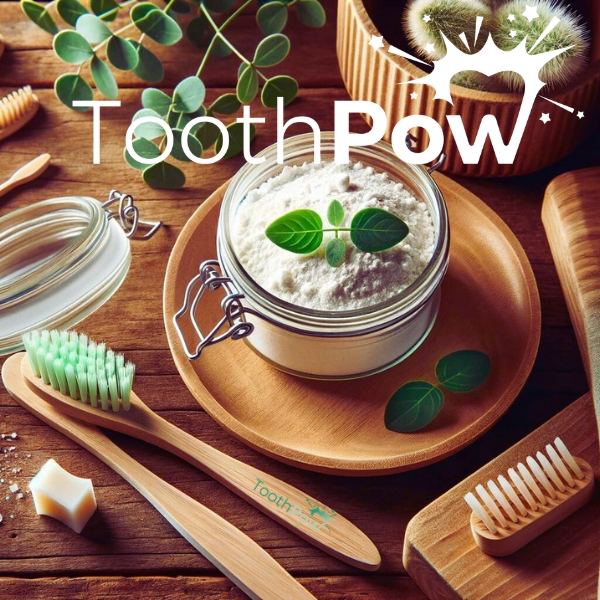
Why You Should Wait Before Rinsing After Brushing
Rinsing immediately after brushing your teeth may seem like a harmless habit, but it can actually have negative effects on your oral health. Let's delve into why this is the case and why it's important to wait a little while before rinsing after brushing.
The Importance of Fluoride and Waiting Period
When you brush your teeth, you use toothpaste that contains important ingredients like fluoride to help protect your teeth from cavities and strengthen the enamel. However, rinsing immediately after brushing can wash away these beneficial ingredients before they have a chance to work their magic.
Dentists typically recommend waiting at least 30 minutes after brushing before rinsing with water or mouthwash. This waiting period allows the fluoride in the toothpaste to fully penetrate the enamel and provide long-lasting protection against cavities.
Benefits of Waiting Before Rinsing
By waiting for this short period of time, you allow the fluoride to form a protective barrier on your teeth, helping to strengthen the enamel and prevent acid attacks from bacteria and plaque. This is particularly important if you have a higher risk of cavities or if you're trying to maintain a bright and healthy smile.
In addition to the benefits of fluoride, waiting before rinsing can also help with the effectiveness of other oral care products you may be using. For example, if you're using a mouthwash that contains antimicrobial ingredients to fight bacteria and freshen your breath, rinsing immediately after brushing can dilute the effectiveness of these ingredients.
Negative Effects of Rinsing Immediately After Brushing
When you rinse right away, you may be washing away not only the fluoride from your toothpaste but also any residual plaque or food particles that were loosened during brushing. This can leave your teeth vulnerable to cavities and plaque buildup.
Rinsing immediately after brushing can also disrupt the pH balance in your mouth. The pH level in your mouth plays a crucial role in maintaining a healthy environment for your teeth and gums. When you rinse too soon, you may be altering the pH balance, making it easier for harmful bacteria to thrive and potentially leading to issues such as tooth decay and gum disease.
It's important to avoid rinsing immediately after brushing your teeth. By waiting at least 30 minutes, you allow the fluoride in your toothpaste to fully protect your teeth and strengthen the enamel. This waiting period also helps the effectiveness of other oral care products you may be using. By incorporating this simple change into your oral hygiene routine, you can enhance the benefits of brushing and promote a healthier smile.

Not Changing Your Toothbrush Regularly
One of the most common mistakes people make when it comes to oral care is neglecting to change their toothbrush regularly. While it may seem like a small detail, using an old and worn-out toothbrush can have significant consequences for your oral health.
Why Regular Toothbrush Replacement is Important
Changing your toothbrush regularly is essential for effective cleaning. Over time, the bristles on your toothbrush can become frayed and worn, making it less effective at removing plaque and food particles from your teeth. This can lead to a buildup of bacteria, which can contribute to tooth decay and gum disease.
Using an old toothbrush can be detrimental to your oral hygiene routine. The bristles may become less flexible and less able to reach all areas of your mouth, including those hard-to-reach spots between your teeth and along the gumline. This can result in a less thorough cleaning, leaving behind plaque and bacteria that can cause oral health issues.
Furthermore, using a worn-out toothbrush can have negative consequences for your overall oral health. The bristles may become sharp and abrasive, which can lead to damage to your tooth enamel and gums. Brushing too hard with a worn toothbrush can cause gum recession and tooth sensitivity, making your teeth more susceptible to cavities and other dental problems.
How Often Should You Replace Your Toothbrush?
To avoid these consequences, it is recommended to replace your toothbrush every three to four months or sooner if the bristles become frayed. By doing so, you ensure that you are using a toothbrush with optimal cleaning capabilities, allowing you to maintain good oral hygiene and reduce the risk of dental issues.
Choosing the Right Toothbrush
In addition to regular toothbrush replacement, it is also important to choose the right toothbrush for your needs. Opt for a toothbrush with soft bristles, as they are gentle on your teeth and gums while still effectively removing plaque. Consider using an electric toothbrush, which can provide a more thorough cleaning and may be more effective at removing plaque and preventing gum disease.
Changing your toothbrush regularly is a simple yet crucial step in maintaining good oral hygiene. By replacing your toothbrush every three to four months, you ensure that you are using a toothbrush with optimal cleaning capabilities, reducing the risk of dental issues such as tooth decay and gum disease. Additionally, choosing the right toothbrush, such as one with soft bristles or an electric toothbrush, can further enhance your oral care routine. So, don't overlook the importance of regularly changing your toothbrush and invest in your oral health.
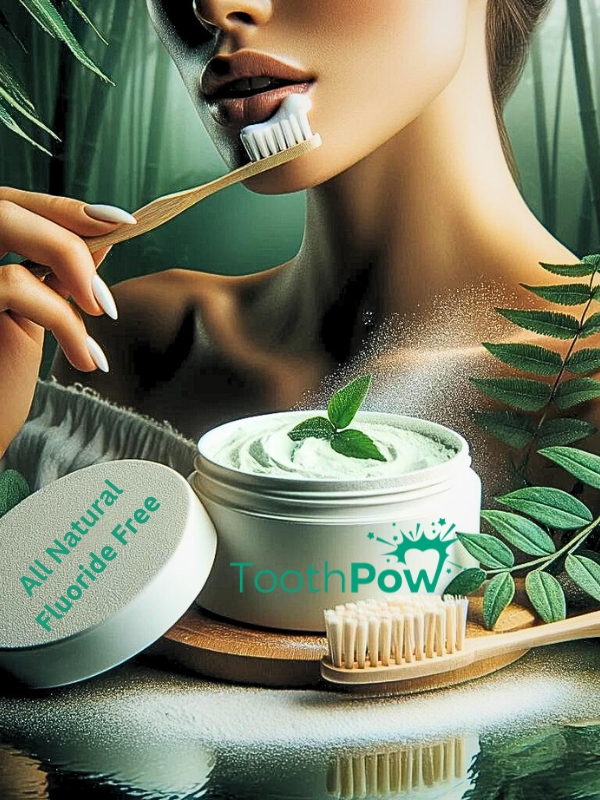
How Your Diet Affects Your Smile
A balanced diet is not only crucial for overall health but also plays a significant role in maintaining a bright smile. What you eat and drink can have a direct impact on the health of your teeth and gums. In fact, consuming sugary and acidic foods and drinks can have negative effects on your tooth enamel, leading to a dull smile and potential dental problems.
The Impact of Sugary Foods and Drinks
Sugary foods and drinks, such as candies, sodas, and desserts, can contribute to tooth decay.
The bacteria in your mouth feed on the sugars, producing acids that attack the enamel of your teeth.
Over time, this can lead to cavities and a weakened smile.
The Effects of Acidic Foods and Drinks
Acidic foods and drinks, like citrus fruits, tomatoes, and carbonated beverages, can erode tooth enamel.
The acid in these foods and drinks can wear away the protective layer of your teeth, making them more susceptible to damage and discoloration.
Even healthy foods, such as lemon water or orange juice, can have acidic properties that can harm your teeth if consumed in excess.
Practicing Good Oral Hygiene
To protect your teeth from the negative effects of sugary and acidic foods and drinks, it's important to practice good oral hygiene.
Brush your teeth twice a day with a fluoride toothpaste to remove plaque and bacteria.
Floss daily to remove food particles and plaque from between your teeth and along the gumline.
These habits are essential for maintaining a healthy smile and preventing tooth decay and gum disease.
Choosing Healthier Alternatives
In addition to practicing good oral hygiene, it's important to limit your consumption of sugary and acidic foods and drinks. Instead, opt for healthier alternatives like fresh fruits, vegetables, and water.
Minimizing the Effects of Sugary and Acidic Foods
If you do indulge in sugary or acidic foods and drinks, there are steps you can take to minimize their effects on your teeth:
Rinse your mouth with water afterward to help neutralize the acids and remove any lingering sugars.
Chewing sugar-free gum can stimulate saliva production, which helps wash away food particles and neutralize acids in your mouth.
By being mindful of your diet and making healthy choices, you can maintain a bright smile and promote good oral health. Remember, a balanced diet and good oral hygiene habits go hand in hand in keeping your teeth and gums healthy. So next time you reach for that sugary treat or acidic beverage, think twice about the impact it may have on your smile. Choose wisely and take steps to protect your oral health for a lifetime of bright, confident smiles.
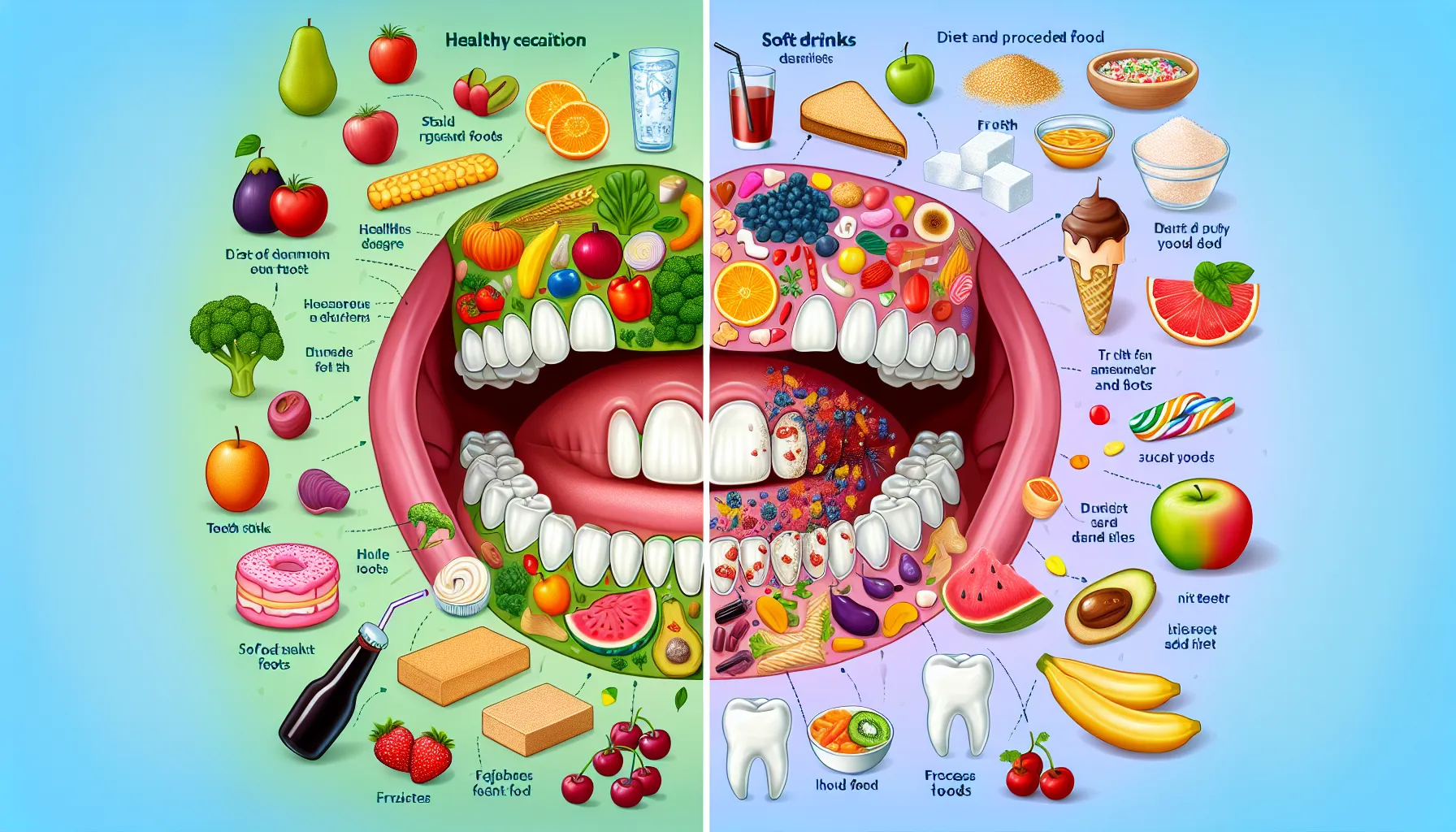
Using Teeth as Tools
Using your teeth as tools for purposes other than chewing can be extremely dangerous and can have serious consequences for your oral health. While it may seem convenient to use your teeth to open packages or bite your nails, it is important to understand the potential risks involved.
Risks of Using Teeth as Tools
Chipping or Fracturing a Tooth: Our teeth are designed for the purpose of chewing food, and they are not meant to be used as tools for other tasks. When you use your teeth to open packages or bite your nails, you are putting excessive pressure on them, which can lead to chips or fractures. These chips or fractures can be painful and may require costly dental treatments to fix.
Damaging Your Gums: Using your teeth as tools can also damage your gums. When you bite down on hard objects, such as packages or nails, your gums can become irritated and inflamed. This can lead to gum recession, where the gum tissue pulls away from the teeth, exposing the sensitive roots. Gum recession can cause tooth sensitivity and increase the risk of gum disease.
Introducing Harmful Bacteria: Using your teeth as tools can introduce harmful bacteria into your mouth. When you use your teeth to open packages or bite your nails, you are transferring bacteria from these objects into your mouth. This can increase the risk of tooth decay and gum disease, as bacteria thrive in the warm and moist environment of the mouth.
Protecting Your Teeth and Maintaining Oral Health
To avoid the consequences of using your teeth as tools, it is important to find alternative methods for tasks such as opening packages or biting nails. Keep a pair of scissors or a nail clipper handy for these tasks. By using the appropriate tools, you can protect your teeth and maintain good oral health.
It is also crucial to maintain good oral hygiene practices to minimize the risk of dental problems. Brush your teeth twice a day, floss regularly, and visit your dentist for check-ups. These practices are essential for keeping your teeth and gums healthy. By following these practices, you can reduce the chances of developing tooth decay, gum disease, and other oral health issues.
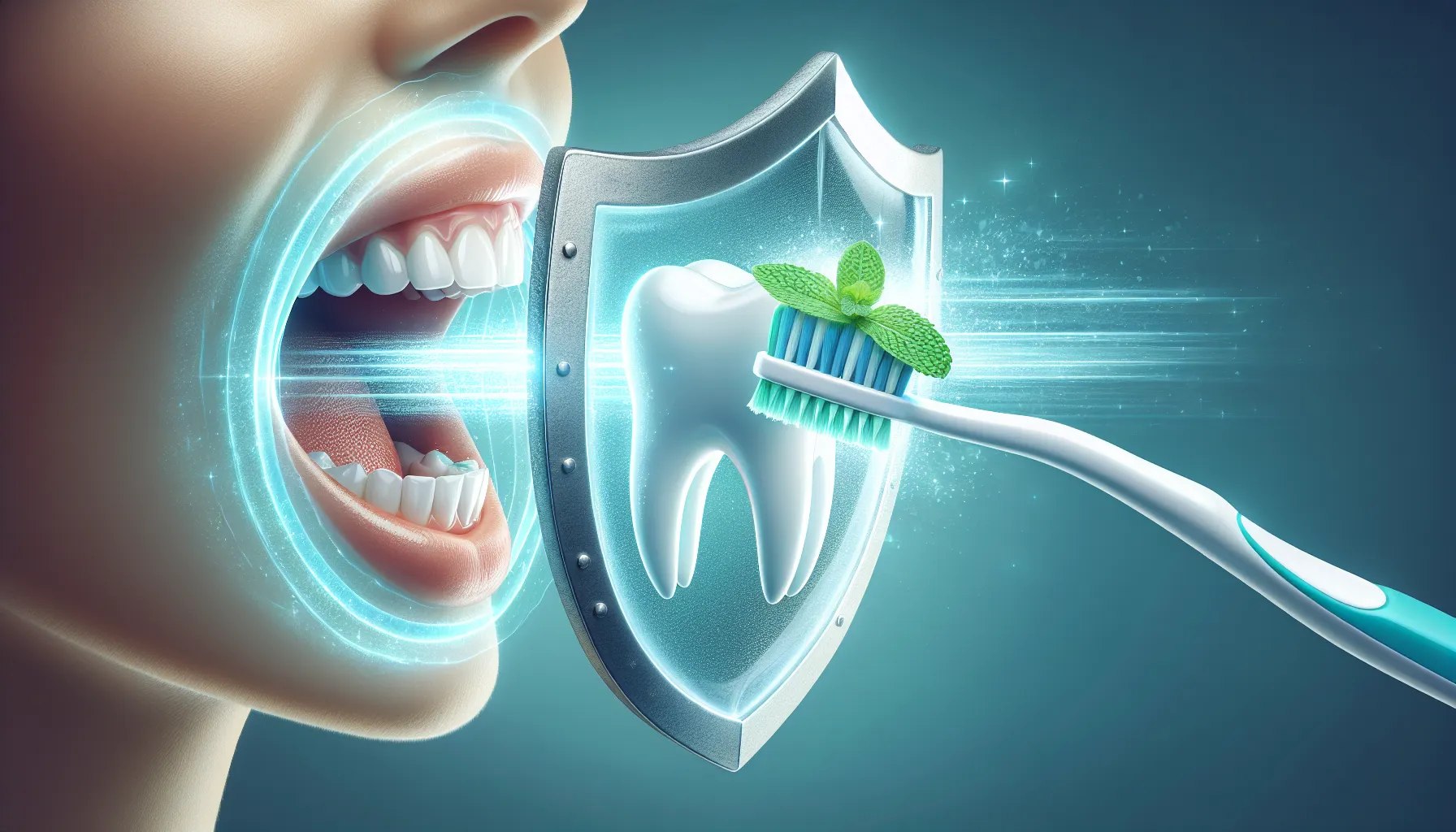
Skipping Regular Dental Check-ups
Regular dental check-ups are an essential part of maintaining good oral health. Many people tend to neglect these check-ups, often thinking that they are unnecessary or that they can save time and money by avoiding them. However, this can be a big mistake with potentially serious consequences.
The Importance of Regular Dental Check-ups
Allows dentists to detect and address dental issues early on
Dental problems can develop without noticeable symptoms
Early detection makes treatment easier and less expensive
Undetected dental issues can lead to pain, infection, and tooth loss
Benefits of Regular Dental Check-ups
Professional teeth cleaning to prevent tooth decay and gum disease
Assessment of overall mouth health and identification of issues
Checking for signs of teeth grinding and evaluating tooth alignment
Identification of any issues with dental restorations
The Link Between Oral Health and Systemic Health
Research has shown that there is a link between oral health and systemic health conditions such as cardiovascular disease, diabetes, and respiratory infections. Regular dental check-ups can help detect and address any oral health issues that may contribute to these systemic conditions.
Regular dental check-ups play a crucial role in maintaining oral health and preventing potential dental problems. By neglecting these check-ups, you are risking undetected dental issues that can lead to pain, infection, and tooth loss. Additionally, regular dental check-ups allow for professional teeth cleaning and the assessment of overall oral health. Don't underestimate the importance of regular dental check-ups - they are an investment in your oral health and overall well-being. So, make sure to schedule your next dental appointment and keep your smile bright and healthy.
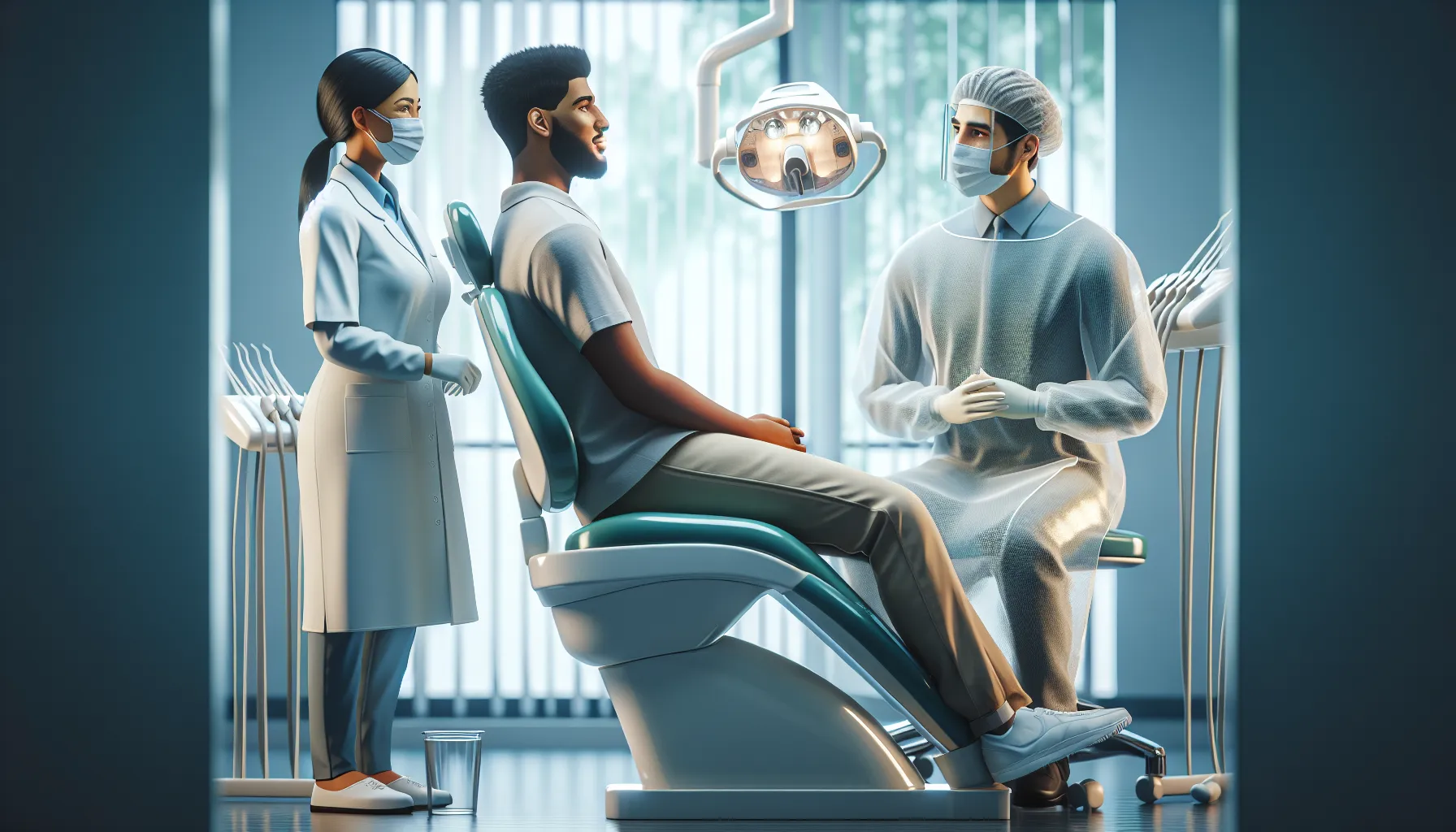
The Benefits of Drinking Water for Oral Health
Drinking enough water is essential for maintaining good oral health. Not only does water keep our bodies hydrated, but it also plays a crucial role in preventing dental problems.
One of the primary benefits of drinking water is its ability to wash away food particles and bacteria from our mouths. When we eat, small particles of food can get trapped between our teeth or along the gumline. If these particles are not removed, they can contribute to the formation of plaque and lead to tooth decay and gum disease. By drinking water throughout the day, we can help flush out these particles and keep our mouths clean.
Another advantage of drinking water is its ability to stimulate saliva production. Saliva plays a crucial role in maintaining oral health by neutralizing acids in the mouth, remineralizing tooth enamel, and washing away harmful bacteria. When we are dehydrated, our saliva production decreases, leaving our mouths more susceptible to tooth decay and other dental problems. By staying hydrated and drinking an adequate amount of water, we can ensure that our mouths have enough saliva to protect our teeth and gums.
The Negative Effects of Dehydration on Oral Health
Dehydration can have several negative effects on our oral health. When our bodies are dehydrated, they produce less saliva, as mentioned earlier. This can lead to a dry mouth, also known as xerostomia. A dry mouth is not only uncomfortable but can also increase the risk of tooth decay, bad breath, and gum disease. Additionally, a dry mouth can make it more challenging to eat and speak properly, affecting our overall quality of life.
Furthermore, dehydration can contribute to the development of halitosis, or bad breath. When our mouths are dry, bacteria can thrive, leading to the production of foul-smelling compounds. Drinking water helps to keep our mouths moist and wash away these odor-causing bacteria, reducing the chances of experiencing bad breath.
In Conclusion
Drinking enough water is crucial for maintaining good oral health. It helps to wash away food particles, stimulate saliva production, and prevent dry mouth and bad breath. By staying hydrated and making water a regular part of our daily routine, we can support our oral health and prevent dental problems. So remember, the next time you reach for a drink, choose water for the benefit of your smile.
